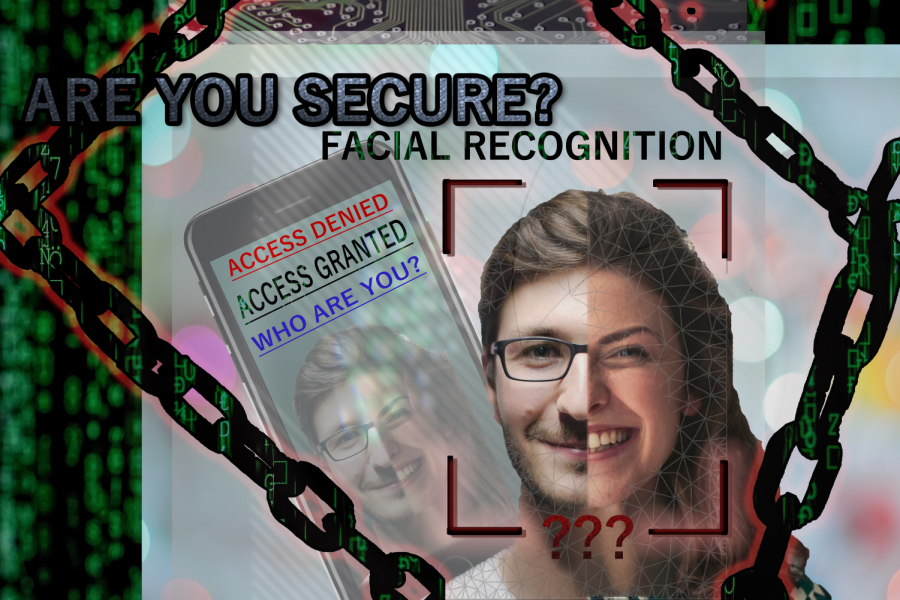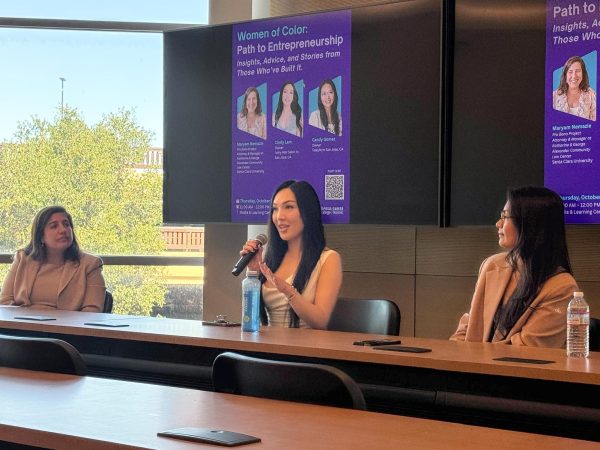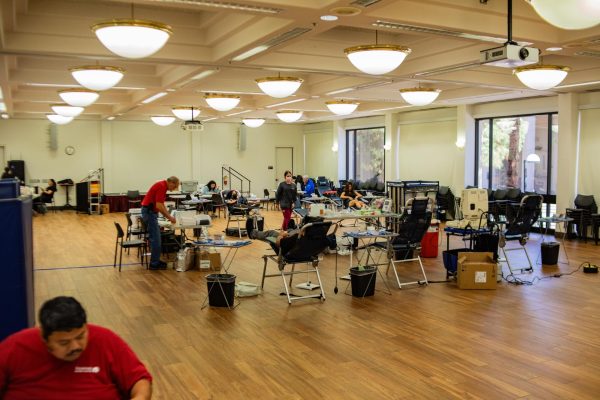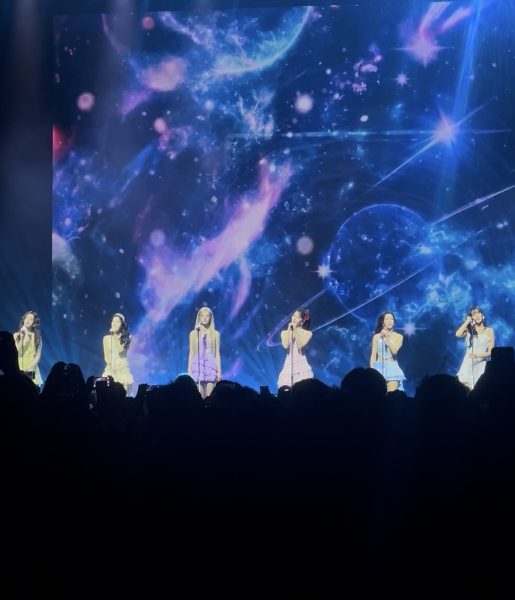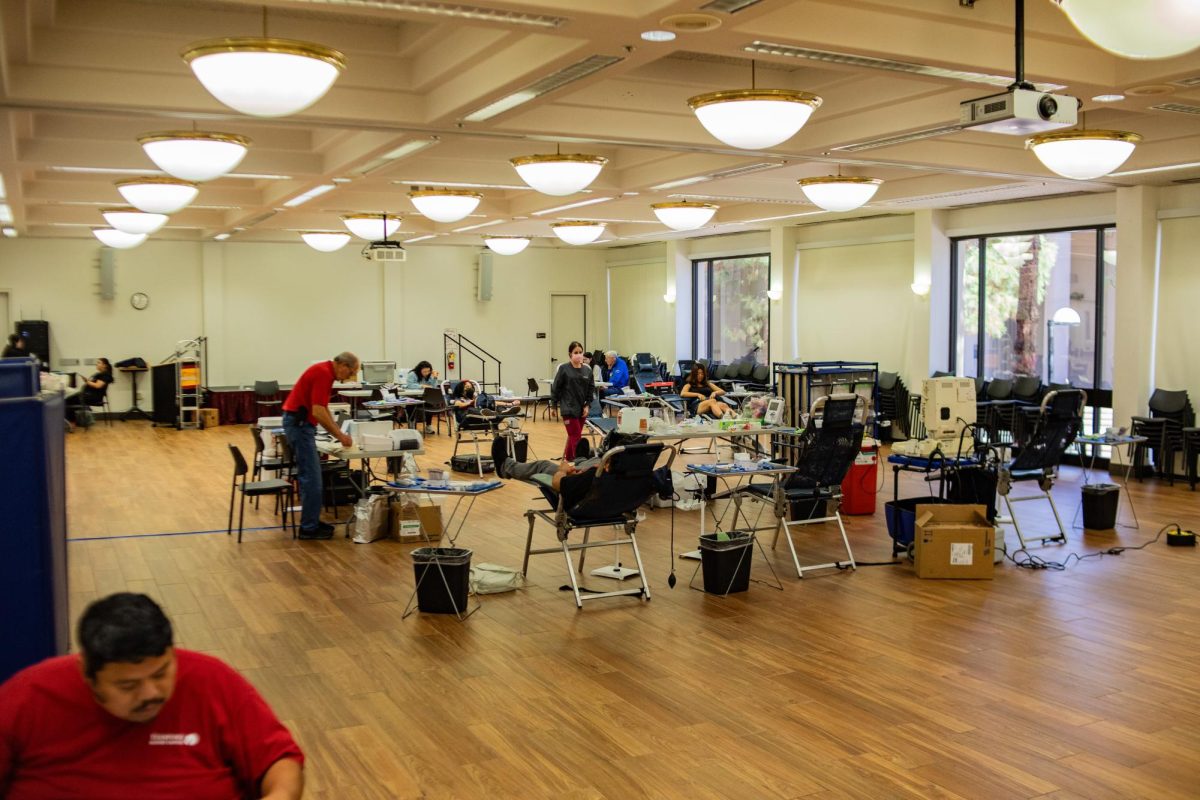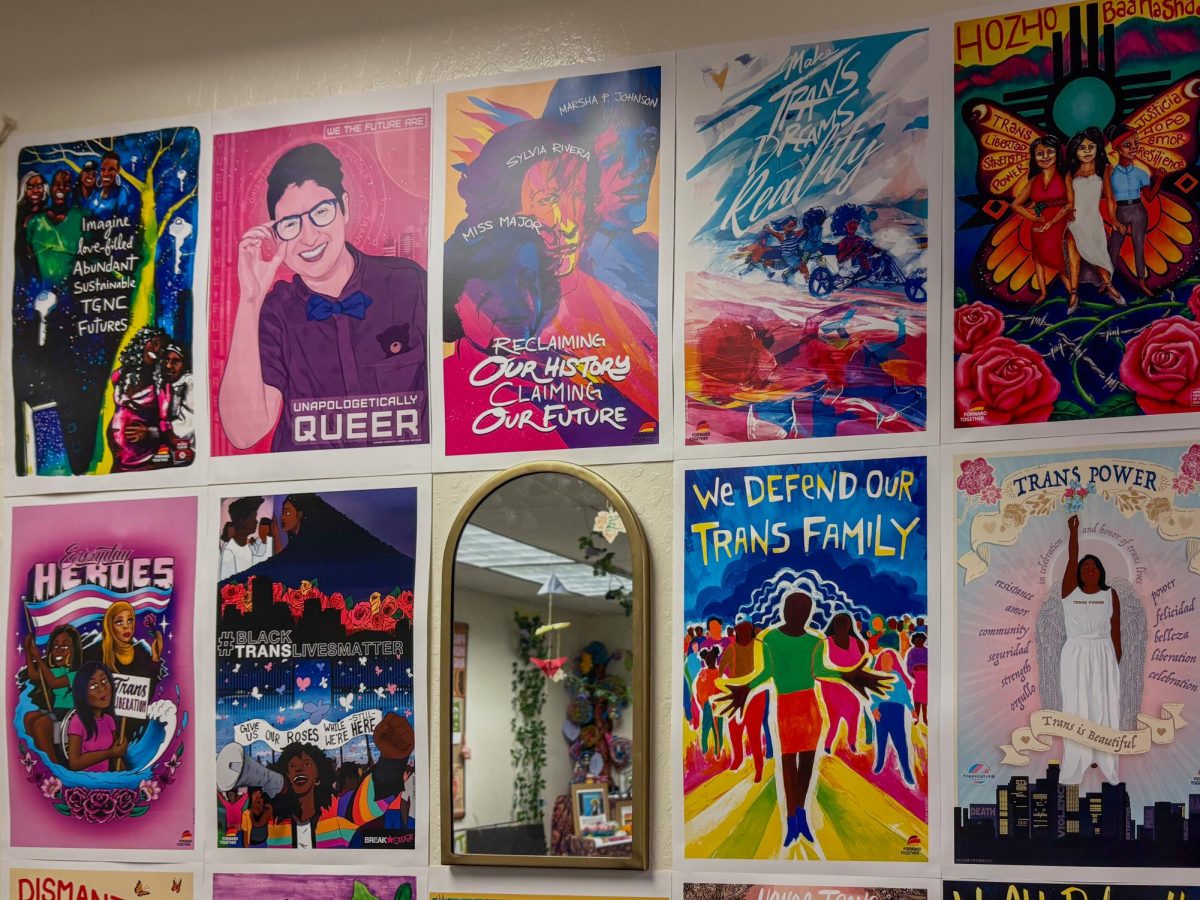Is facial recognition technology a beneficial advancement or a dangerous one?
February 7, 2019
PRO: Advancements in facial recognition technology are beneficial in our fast-paced society
By Ashley Gonzalez
In a technologically-advanced society, facial recognition use is inevitable. Like many other technologies, it is beneficial to our society and will be a part of our everyday lives, expanding and developing further into the future. The software is already being used to save people time in their fast-paced lives.
Facial recognition technology is used on social media applications. On Facebook, it suggests who we should tag in photos. On iPhones, it helps group photos of your mom in one album. The use is being expanded to adapt to people’s security needs.
The software identifies specific points of your face, carefully measuring the spots to make a pattern that is already stored in systems like Apple iOS or databases like the FBI.
According to Nancy Gupton of the Franklin Institute, facial recognition has a wide array of uses, especially when it comes to business and personal safety.
The software is used not only by companies like Facebook, but also on computers and ATM machines instead of numeric passcodes, in animated movies for lifelike design and by law enforcement to scan crowds for wanted men and women.
The software can also be used fairly easily by people without much thought. Imagine never having to come up with different alpha-numeric passcodes for every account you have and then having to remember them!
It can also be integrated into security systems very easily and inexpensively It helps both individuals and organizations save time and money. It makes databases more accessible, but also more secure. In addition to this, our databases will be harder to access, but for those who have the means to access them, it wouldn’t take as long.
According to Hugo Martin for the Los Angeles Times, the Department of Homeland Security hopes to use facial recognition to track an estimated one million foreign travelers who travel in and out of the country through the Los Angeles International Airport, to strengthen airport security.
The idea of facial recognition technology tends to freak people out, because there is not much oversight on what companies do with the stored facial patterns. But companies like Microsoft are calling for more government oversight, as the software uses are unavoidable.
CON: Facial recognition offers nominal benefits and enormous risk
By Thomas Anthony
Introducing facial recognition technology into everyday life is great, that is, if you are a tech entrepreneur, a cybercriminal, or a despot. But for the rest of us, this software has huge potential for misuse.
I have a suggestion for all those who are eager to make use of this technology. Talk to the hundreds of thousands of Uighurs, the Muslim minorities who have been detained in western China. Ask them what they think of this software, used to track their every movement and interaction. They may have something to say.
This is a rather extreme example of the misuse of facial recognition software. After all, not every country is going to install toilets that require a facial scan in order to receive toilet paper, as China is doing.
It is worth noting, that liberalism across the world is on a downswing and it is not unreasonable to worry about the sinister uses of this technology by governments, including our own, in the near future.
Just last year, Amazon tried convincing U.S. Immigration and Customs Enforcement to purchase its Rekognition software, according to documents obtained by the Project on Government Oversight. In the current political climate it is not hard to imagine this technology being used to identify the immigration status of residents in communities throughout the country.
The same Amazon product displays alarming bias in its abilities, misidentifying close to 30 percent of dark-skinned women, compared to 0 percent of white men, a study by the MIT Media Lab shows.
Even Microsoft CEO Satya Nadella, whose company produces facial recognition software, spoke about the need to regulate the technology. “There’s no discrimination between the right and the wrong use of facial recognition,” he said.
Proponents of the software point to enhanced security as one of its strengths. But with the increasing power of machine learning, cybersecurity writer Mark Elgan says, artificial intelligence might soon be used to defeat facial recognition programs. It’s also incumbent on the companies that store your biometric data to keep that information safe, an area in which tech companies have been less than impressive lately.
Facial recognition software presents a dubious step forward on the path towards an increasingly technological society. It may provide some convenient benefits, but these benefits are far from vital, and the current and potential misuse of this software is enormous.



